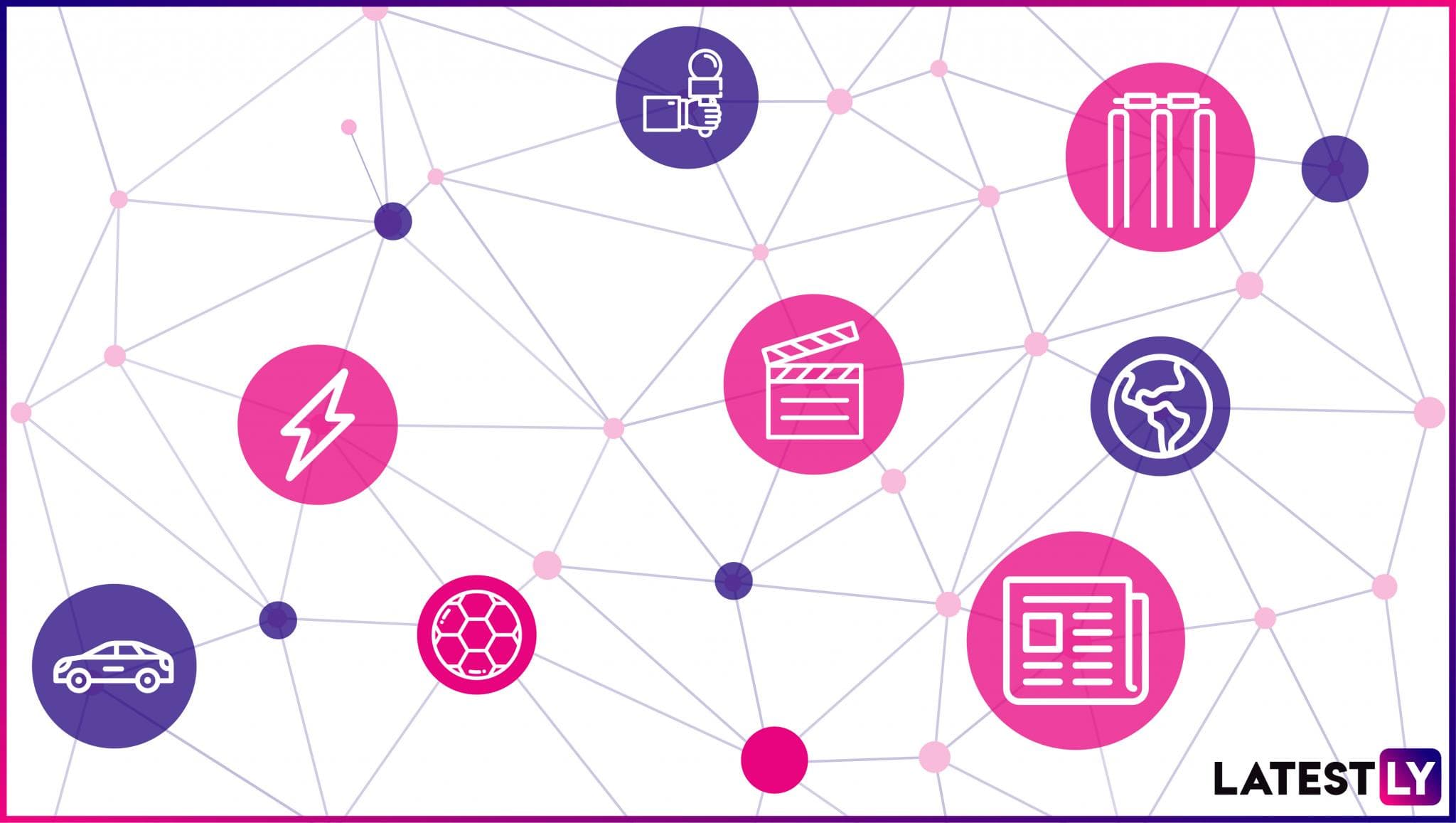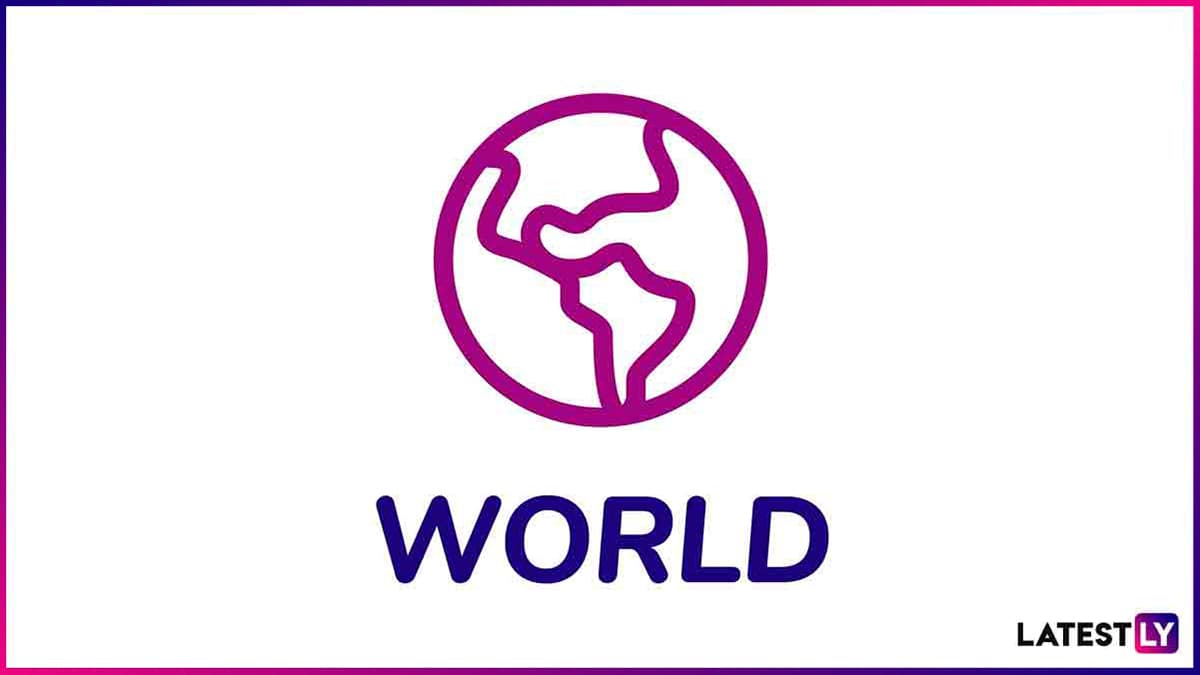She said, “We also see that through the financial service agent network in local communities, agents are extending formal financial services to about 11 million Nigerians who are not banked but are actively engaged in financial offerings. This tells us the power of technology to reach the excluded underserved.
“To ensure that these agent network communities continue to grow, we also have to remain mindful of the potential risk associated with that.”
She explained that digital financial services are crucial because, even before COVID-19, it was clear that reaching excluded or rural communities would be very challenging without technology. The insecurities and weak infrastructure make it difficult for financial services to rely on the traditional brick-and-mortar model they used in the past.
“Even though there are communities where bank branches used to exist, many of these branches have now closed. It is essential to find ways to ensure that these individuals still receive access to financial services. Access is crucial, especially with ongoing innovations; people increasingly seek services that are convenient and efficient,” Eromosele added. (BusinessDay)




